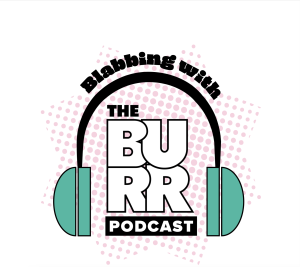We have all heard someone say that college is meant to be some of the best years of your life.
But for many students, the reality of balancing friendships, health and academic studies can fuel mental health struggles.
The pressure of college can be overwhelming – new beginnings, fast-approaching deadlines and social expectations.
According to a report by the American College Health Association, about 35% of students have been diagnosed with anxiety disorders, and nearly 27% of college students are diagnosed with depression.
Anxiety can show up as racing thoughts at 3 am, while depression might look like laying in bed for hours, wondering if it’s too early to go to sleep or just mindlessly scrolling through social media to fill the silence.
Academic expectations, social dynamics, and the constant need to make the “right choices” come together to create a mental mess.
There’s social anxiety, paired with the overwhelming fear of missing out. College is when you’re meant to make lifelong friends, but sometimes it seems like everyone else is doing that except you.
It’s a weeknight, and everyone’s planning on going out—but you have an exam the next day. You go anyway and spend the whole time wondering if you should have stayed home to study.
You’re expected to make decisions that can affect the rest of your life, but no one gives you input on the validity of those decisions.
And, finally, the weight of being in charge of your own finances– should you have fun or stay safe for survival? Let’s be honest, the daily coffee run is not helping your financial situation.
Feeling stressed about school is normal, helping you stay focused on your goals and future. But if the stress feels constantly overwhelming. it becomes a problem.
Anxiety and depression manifest in ways that go unnoticed until they’ve taken a real toll. Symptoms like persistent sadness, trouble concentrating, fatigue, and panic attacks can sneak up on you.
The Journal of American College Health reported, “Depression is one of the main causes of poor academic outcomes for [college students], in fact, depression is a central factor for college dropout decisions.”
So, how do you combat the pressures of being a college student without crashing out?
First, remember that you’re only human. There are resources available to help you—whether it’s talking to a counselor, using some of the resources Kent State provides, leaning on friends or finding mindfulness techniques that work for you.
Anxiety and depression do not need to be the whole plot of your college story. It’s okay to ask for help, take breaks and focus on self-care.
College, like life, is full of ups and downs, but those struggles don’t define who you are.











